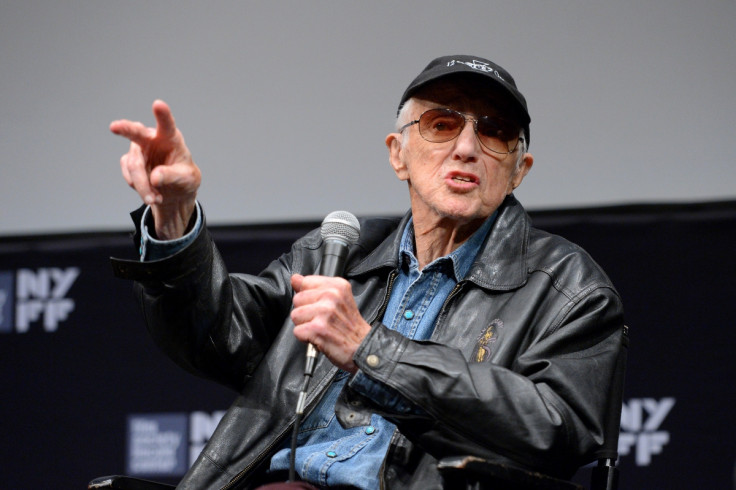Oscar-winning cinematographer Haskell Wexler dies at 93

Haskell Wexler, the cinematographer who is credited for the distinctive look of the 1975 Jack Nicholson-starrer classic cult film One Flew Over the Cuckoo's Nest, has passed away. He was 93.
Wexler died in his sleep at a hospital in Santa Monica on 27 December, his family said. "My father has died, peacefully in his sleep," Wexler's eldest child Jeff Wexler told AFP. The Academy award-winning cameraman is survived by his wife and three children.
Haskell Wexler is considered as one of the world's most accomplished cinematographers. He won two Academy awards for his cinematography – one in 1966 for the Elizabeth Taylor-starrer Who's Afraid of Virginia Woolf – and the other 10 years later for Hal Ashby's Bound for Glory.
A Jew by birth and a native of Chicago, Wexler was also an avid documentary film maker and won an Emmy and an Oscar for his work in two documentaries. Most of his documentaries were devoted to war and politics. "His real passion was much larger than just making movies. His real passion was for human beings and justice and peace," Jeff Wexler was quoted as saying by the Los Angeles Times.
Wexler, who was a board member of the International Cinematographers Guild, is described by it as "a force to be reckoned with". According to ICG, Wexler was a kind man with a good heart who cared for the safety of his crew and fought for a better quality of life for them.
"Haskell's cinematography has always been an inspiration to so many of us not only in the Guild, but in the entire industry. His steady focus on safety over the years further demonstrates his commitment to welfare of the crew and our industry," the guild's president Steven Poster said in a statement. He said he met Wexler for the first time on the set of Medium Cool, the 1969 fictional film directed by Wexler.
Poster said Wexler's "dedication and passion to be an instrument for social change" was highly admirable. "I still have a handwritten note from Haskell," he said. "It said: 'You're a good union man.' We can say the same about Haskell," Poster added.
© Copyright IBTimes 2025. All rights reserved.






















